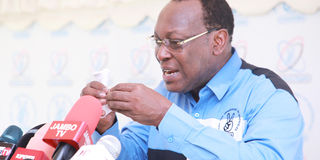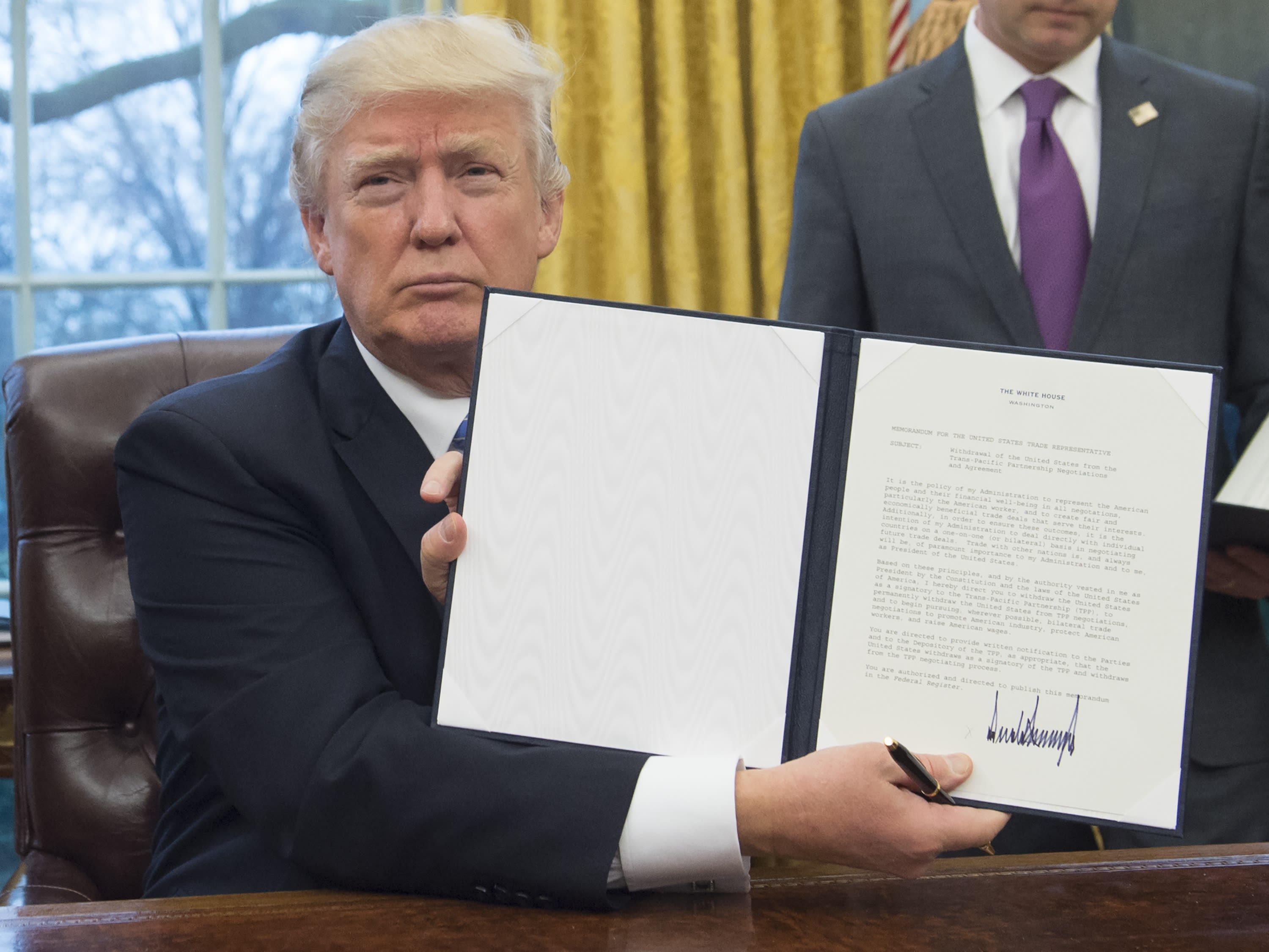Mbowe says Chadema won’t boycott civic polls

The Chadema chairman, Mr Freeman Mbowe, speaks to journalists about local government elections preparations in Dar es Salaam yesterday. PHOTO | SAID KHAMIS
What you need to know:
- This decision is made in response to concerns expressed by Chadema leaders and members regarding the routine disqualification of their candidates. Many people are left without representation, according to opposition parties, who say the disqualifications are targeted and intentional
Dar es Salaam. Despite the hurdles and frustrations facing Tanzania’s opposition parties in the lead-up to the local government elections, Chadema has declared it will not withdraw from the process.
Instead, the party insists it will stay the course and fight until the end.
This resolve comes as Chadema leaders and members voice concerns over the systematic disqualification of their candidates. Opposition parties claim the disqualifications are deliberate and targeted, leaving many without representation.
“Some people are frustrated, saying, ‘Chairman, let’s boycott the elections.’ Others are saying, ‘No, we must fight to the last drop of blood,” Chadema chairman Freeman Mbowe said on Tuesday in Dar es Salaam.
Chadema’s stance was cemented during a Central Committee meeting in March 2024 in Mtwara, where it resolved to participate in the November 27, 2024, local government election, despite the challenges to providing citizens with the representation they deserve.
“For five years, we have had no leadership at the grassroots. We cannot afford to stay out again,” Mr Mbowe said.
The party alleged that its candidates are disqualified over minor administrative errors such as missed stamps, errors in names, and procedural technicalities such as the absence of lower-level endorsements.
“The system is frustrating. How can thousands of candidates be disqualified simply because of paperwork issues? It raises questions about fairness,” Mr Mbowe lamented.
However, the ruling party, CCM, has also urged the government to disregard minor errors. CCM Secretary-General Dr Emmanuel Nchimbi called on authorities to ensure broader participation, emphasising that democracy thrives when more voices are included.
In response, the government extended the appeal deadline for disqualified candidates. By November 16, more than 6,300 appeals had been filed, with over 5,500 successfully reinstated.
Unlike in 2019, when Chadema boycotted the elections over irregularities, Mbowe insisted that withdrawal is not an option.
“This time, we are not withdrawing. We will go to the end. It is important for our members and leaders to stay focused and adapt their manifestos to the specific needs of their communities,” Mr Mbowe urged.
Despite the challenges, Chadema has managed to field many candidates, including 4,175 candidates contesting in villages, 2,686 in neighbourhoods, and 14,805 in hamlets.
“It was not easy to get these numbers. The environment is hostile, but our leaders fought hard to keep democracy alive,” he said.
Experts believe Chadema’s decision to stay in the race despite the challenges is significant for Tanzania’s democratic development.
“Participation is key to building a strong democracy,” said a political analyst, Ms Grace Mwaipopo. “When opposition parties pull out, it creates a monopoly of ideas, which weakens democratic institutions.”
Ms Mwaipopo noted that Chadema’s presence in the elections ensures that citizens have alternatives to choose from.
“Grassroots leadership is where most decisions affecting daily life are made. By staying in the race, Chadema is giving Tanzanians a voice,” she said.
Tanzania has faced criticism over its election processes in recent years. Observers say that while progress has been made, more needs to be done to ensure fairness and inclusivity.
“Democracy is not just about holding elections; it’s about creating a level playing field where all participants have an equal chance,” she said.
Chadema’s resolve to participate even under difficult conditions sends a message that democracy is worth fighting for.
“We may not win every battle, but our presence makes a difference. It shows that we are serious about change,” Mr Mbowe said.
As the campaign window opens, Chadema has urged its members to remain vigilant. The party is focusing on tailoring its messages to address local challenges, ensuring its manifestos resonate with voters at the grassroots level.
The local government elections, scheduled for November 27, will test the strength of Tanzania’s democracy and the resilience of its opposition parties.




